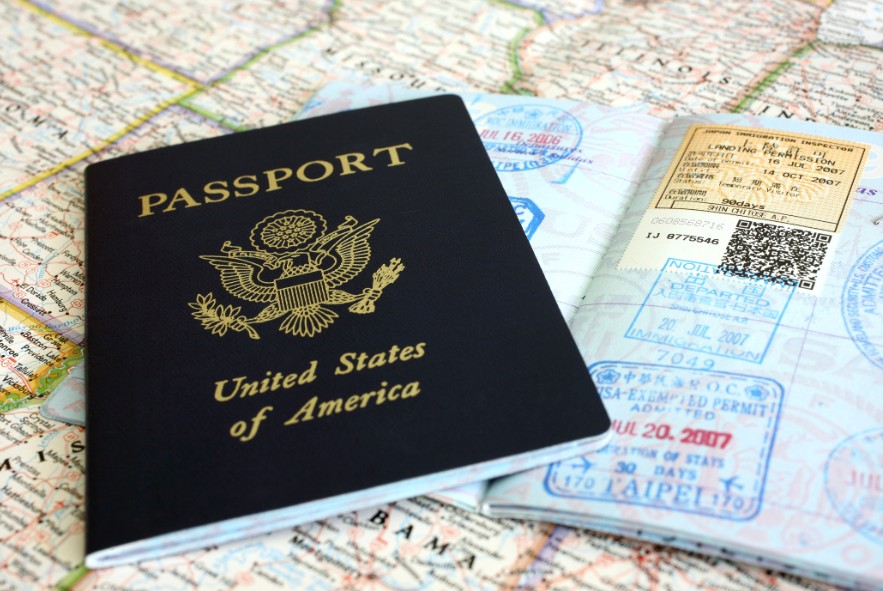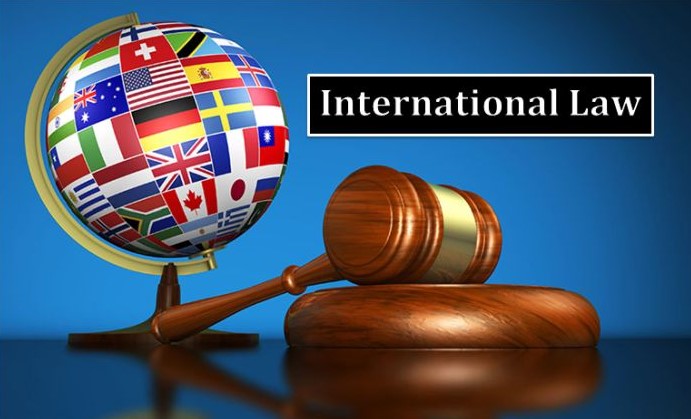1. Introduction: The Significance of International Law
International law serves as the foundation for regulating the conduct of nations in a globalized world. It establishes norms, principles, and rules that govern the relations between states, ensuring order, stability, and cooperation. This article delves into the origins, principles, and contemporary challenges of international law, highlighting its crucial role in maintaining a just and peaceful international order.
2. Historical Development of International Law
International law traces its roots back to ancient civilizations, where treaties and agreements were made to facilitate trade, resolve disputes, and establish diplomatic relations. Over time, the emergence of modern nation-states and increased interactions between them necessitated a more comprehensive legal framework. Key milestones include the Peace of Westphalia in 1648, which recognized the sovereignty of states, and the establishment of the League of Nations in 1920.
3. Sources of International Law
The sources of international law provide the basis for its development and application. These include treaties, customary international law, general principles of law, and judicial decisions. Treaties are written agreements between states, while customary international law arises from consistent state practice accepted as law. General principles of law are derived from legal systems worldwide, while judicial decisions, particularly those of international courts, contribute to the development of international law.
4. Key Principles of International Law
International law operates on several fundamental principles that guide the behavior and interactions of states. These principles include:
4.1 Sovereign Equality of States
All states, regardless of their size, wealth, or power, are considered equal under international law. This principle promotes respect for state sovereignty, non-interference in domestic affairs, and the right to self-determination.
4.2 Non-Intervention and Self-Determination
States are prohibited from interfering in the internal affairs of other states, respecting their sovereignty. Furthermore, self-determination allows peoples and nations to freely choose their political status and pursue their economic, social, and cultural development.
4.3 Pacta Sunt Servanda: Treaty Obligations
States are expected to uphold their treaty obligations in good faith. The principle of pacta sunt servanda emphasizes the binding nature of treaties, fostering stability, and predictability in international relations.
4.4 Customary International Law
Customary international law is formed by the consistent and widespread practice of states, accompanied by a belief that such practices are legally obligatory. It fills gaps in treaty law and represents the collective will of the international community.
5. International Organizations and Treaties
International organizations and treaties play a crucial role in shaping and implementing international law. The following entities are significant contributors to the development and enforcement of international legal frameworks:
5.1 United Nations (UN)
The United Nations serves as a global forum for states to address international issues, promote peace, and facilitate cooperation. Its Charter forms the foundation of contemporary international law, outlining the principles of sovereign equality, peaceful settlement of disputes, and human rights.
5.2 International Court of Justice (ICJ)
The ICJ is the principal judicial organ of the United Nations, tasked with settling legal disputes between states. It provides authoritative interpretations of international law and delivers binding judgments on contentious issues.
5.3 International Criminal Court (ICC)
The ICC is an independent institution established to investigate and prosecute individuals responsible for the most serious international crimes, including genocide, crimes against humanity, and war crimes. It aims to ensure accountability and end impunity for such crimes.
6. Enforcement of International Law
Enforcement mechanisms are crucial for the effectiveness of international law. States primarily bear the responsibility for complying with and enforcing international obligations. This can be achieved through domestic legislation, diplomatic negotiations, economic sanctions, or, in extreme cases, the use of force. Additionally, international organizations and courts contribute to the enforcement process by conducting investigations, providing legal expertise, and issuing binding judgments.
7. Contemporary Challenges to International Law
In today’s complex world, international law faces various challenges that test its effectiveness and adaptability. Some of the prominent challenges include:
7.1 Terrorism and Transnational Crime
The rise of terrorism and transnational crime presents significant challenges to international law. States must collaborate to combat these threats, strengthen border controls, and enhance international legal frameworks to ensure effective prevention, prosecution, and punishment of perpetrators.
7.2 Climate Change and Environmental Protection
The global nature of climate change requires international cooperation and legal frameworks to address its adverse effects. International environmental treaties and agreements aim to mitigate climate change, protect biodiversity, and promote sustainable development.
7.3 Cybersecurity and Digital Governance
The digital age has brought new challenges related to cybersecurity, data protection, and internet governance. International law is evolving to address issues such as cybercrime, data privacy, and the regulation of emerging technologies.
8. Conclusion
International law plays a vital role in maintaining order, stability, and cooperation among nations. Its historical development, key principles, and enforcement mechanisms ensure the peaceful resolution of disputes, the protection of human rights, and the promotion of global welfare. As the world continues to evolve, international law must adapt to effectively address emerging challenges and foster a just and harmonious international order.
9. FAQs (Frequently Asked Questions)
1. What is the purpose of international law? International law serves to regulate the behavior of states, promote peaceful relations, and protect fundamental rights and freedoms.
2. How are international laws enforced? States are primarily responsible for enforcing international laws through domestic legislation, diplomatic means, and cooperation with international organizations.
3. Can countries opt-out of international treaties? While states have the sovereign right to enter into or withdraw from treaties, such actions must be conducted in accordance with established legal procedures to avoid negative consequences.
4. What is the role of the United Nations in international law? The United Nations plays a crucial role in developing and upholding international law through its Charter, specialized agencies, and judicial organs.
5. How does international law address human rights? International law provides a framework for the promotion and protection of human rights through various treaties, conventions, and legal mechanisms.
Partner Site : Computer Technology, Health And Wellness, Addiction Treatment, Home Maintenance, Home Wine, Healthcare Information, Car Accident, Food Recipes, E-Sports News, Floor Care Advice






More Stories
Atlanta Family Immigration Lawyer: Expert Guidance for Your Case